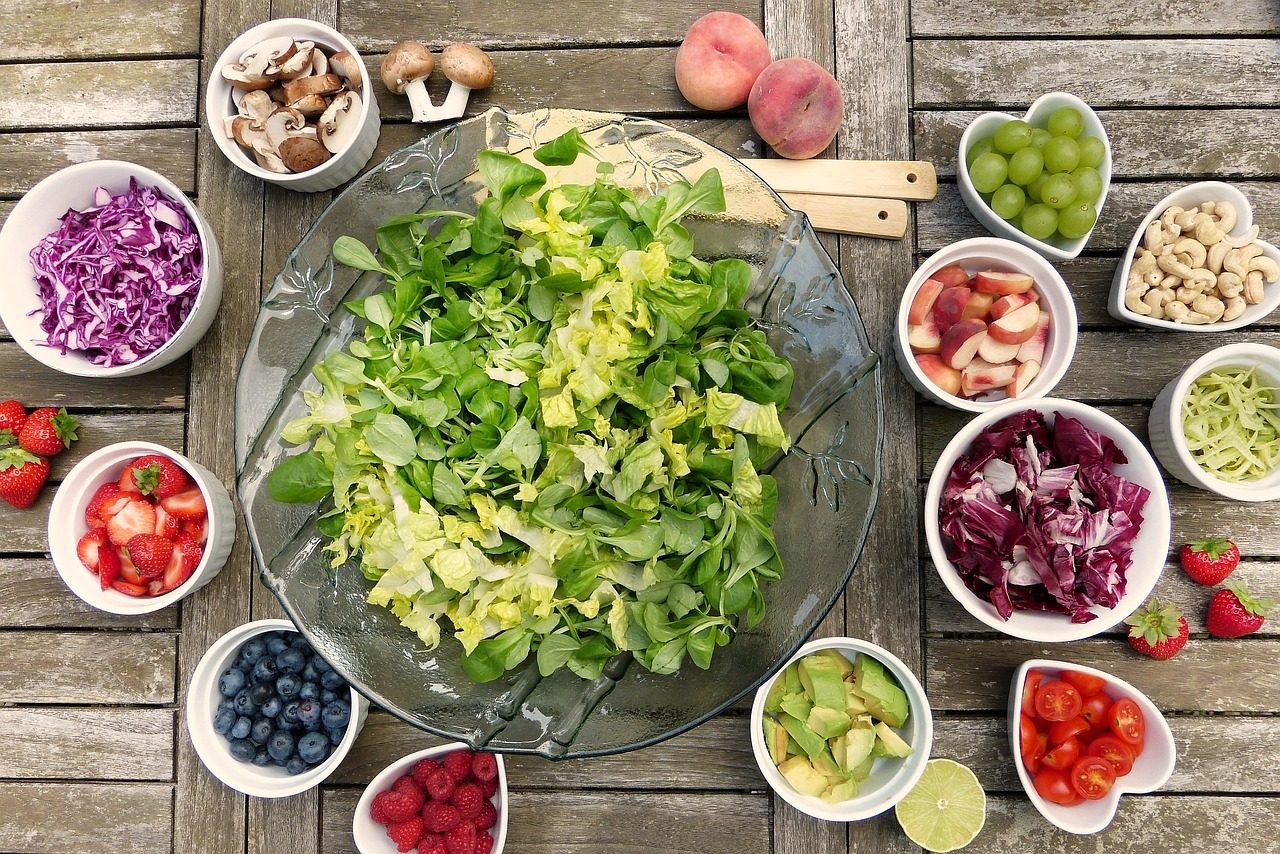Usually, those who decide to approach veg diets are convinced that they are the best choice for their health, while others choose them to respect the animal wellbeing, or to protect the environment. The truth is that the scientific community is still uncertain about the harms and benefits of such restrictive diets.
The wild world of vegetarian diets
The vegan diet excludes all animal foods and derivatives, allowing any food of plant origin, as well as algae, fungi and bacteria (for example, probiotics). Vegetarian diets, on the other hand, are many, each with its own peculiarities. The most common is the lacto-ovo-vegetarian diet, in which animals are not eaten but derived products (milk and dairy products, eggs, honey and other bee products) are consumed. The pescetarian diet is the only diet in which the direct consumption of the animal is allowed, in contrast to the most drastic ones: the raw food diet (where the food is not subjected to heat treatments above 40°C); and the fruitarian diet, in which only fruit, dried fruit and fruity vegetables such as tomatoes, peppers, zucchini and cucumbers are allowed.
Eliminating certain classes of foods from the traditional Mediterranean diet, which provides all the micro- and macronutrients necessary for the development and physiological maintenance of the body, can lead to nutritional deficiencies. In some cases, it can help to consume certain foods that are particularly rich in the necessary micronutrient, or to favor specific food combinations. In others, however, the use of commercial supplements is preferable (or even necessary) to avoid malnutrition and the consequent potential development of cardiovascular, gastrointestinal or other disorders.
Be careful to the following
Omega-3 fatty acids, crucial for heart health, are predominantly found in fatty fish. For vegetarians and vegans, alternative sources such as walnuts, flaxseeds, and algae-based supplements can be beneficial. Pescetarian diet compensates for this deficiency, while the others can use vegetable supplements derived from algae or increase the consumption of soy milk or fruit juices, possibly without added sugar, and investigating with a nutritionist if there are any contraindications to the use of soy.
Another point to pay attention is the intake of iron. Iron found in plant foods (non-heme iron) is less readily absorbed by the body compared to heme iron found in animal products. For this reason, it is necessary to understand that those who follow a vegetarian or vegan diet will have an increased need for iron that must be constantly monitored. To avoid incurring a deficiency and increase the bioavailability of iron taken from plant sources, legumes can be soaked before consuming them, foods rich in iron can be combined with those rich in vitamin C, and consumption of coffee, tea, wine, cocoa and herbal teas near meals should be reduced.
Some studies show that, especially in vegans, the risk of bone fractures is increased due to calcium and vitamin D deficiencies. In fact, apart from mushrooms, plant-based foods do not contain significant amounts of vitamin D. For this reason, it is advisable to ensure daily exposure to sunlight, use calcium waters and favor fortified foods and reduce those rich in oxalic acid (just to list a few: chard, spinach and cocoa). If blood tests confirm calcium or vitamin D deficiencies, supplementation may be necessary to meet dietary requirements.
Finally, vitamin B12 is essential for the metabolism of nucleic acids (DNA, RNA) and fatty acids, and for the formation of red blood cells and bone marrow. Vitamin B12 is present exclusively in animal products. It is then very important to constantly check the levels of homocysteine and methylmalonic acid, and to use supplements.
Choose the right Veg diet for YOU
In conclusion, vegetarian or vegan diets are not harmful themselves, but those diets must be followed under the strict control of a nutrition professional who will assess your dietary needs, developing specific and complete plans to choose safely this food lifestyle.




